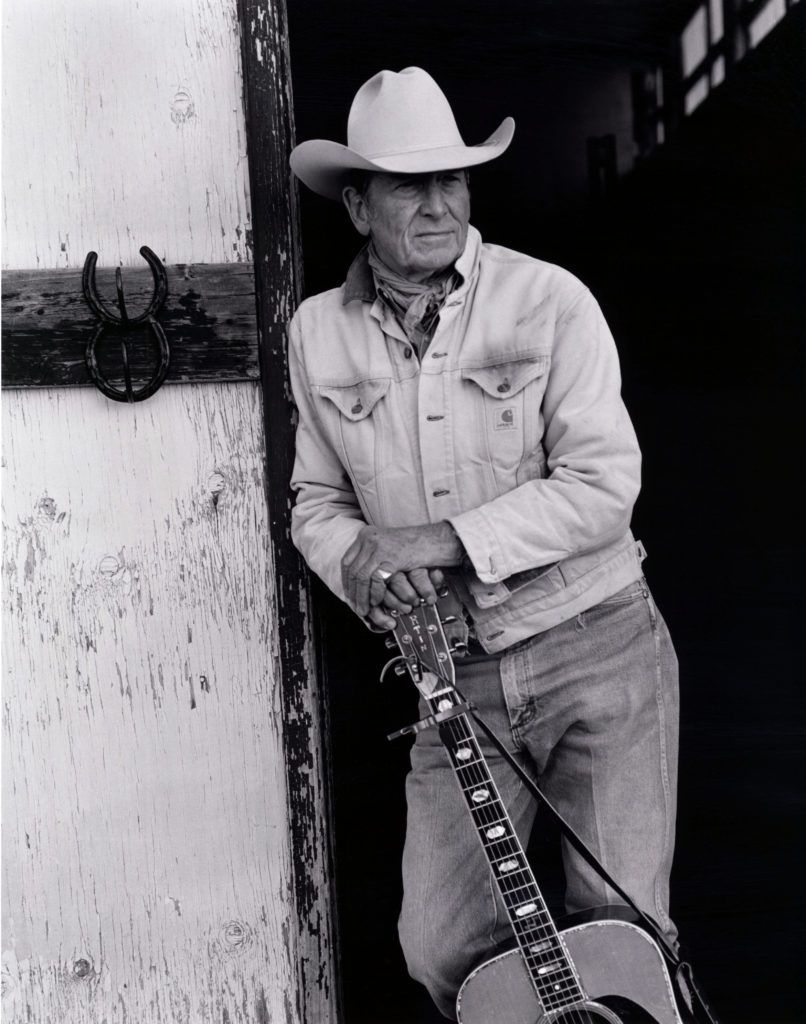Country & Western music icon, Canadian Ian Tyson has fully and consistently represented the love for the West in all its forms. From the Toronto clubs, where he made himself known thanks to a clear melodic vein and a harmonious voice, along with the time he spent living on his farm in the Province of Alberta, Ian Tyson’s artistic and human qualities have been unanimously acknowledged by critics and by the public. His artistic and real-life partnership with Silvia Fricker, the celebrated duo, Ian & Sylvia, which, from the early sixties was one of the focal points of the folk revival in Canada and the States, with extraordinary hits such as “Four Strong Winds” (also recorded later by Bobby Bare, Johnny Cash, Waylon Jennings, Bob Dylan and Tony Rice) and “Someday Soon” (a great success for Judy Collins), along with the formation of the group “The Great Speckled Bird” at the end of the 60’s, from which came famous names like Amos Garrett, banjoist Bill Keith and the extraordinary Buddy Cage, (already with the “New Riders Of The Purple Sage”),on the steel pedal, all contributed to making his name one of the most appreciated tied to the roots-related sounds, until his decision, after the separation from Sylvia, to move back to his farm in Southern Alberta, and focus on the country sounds of his beloved ‘cowboy music’. From the early 80’s Ian Tyson gave a decisive and artistically happy turn to his career, one that seemed to have been reduced to a local level, by releasing a series of well-received records that remain among the most beautiful and profound of his career. Titles such as the classic “Old Corrals & Sagebrush” from 1983, “I Outgrew The Wagon” from 1989 and “Eighteen Inches Of Rain” from 1994, combined with the great success of “Cowboyography” (1987), which earned him a platinum disk, and the beautiful “Live At The Longview”, demonstrating his quality as a remarkable live performer, are chapters of an intense but equally simple and authentic artistic journey, which, in recent years, has inevitably been weakened due to physical problems. What Ian Tyson leaves us is a legacy of the highest quality and the influence on several generations of musicians, not always properly highlighted outside the country-folk circuit, with the exception perhaps when Neil Young, in his album “Comes A Time” of 1978, re-recorded “Four Strong Winds”, bringing the compositional talent of the musician from Victoria, British Columbia into the spotlight of rock fans. (Remo Ricaldone)







